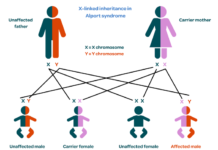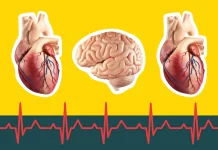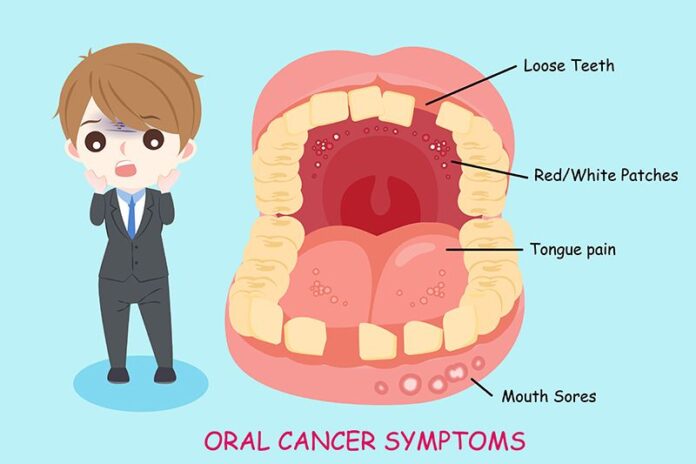The tissues of the mouth, throat, and oropharynx can develop tumours such as oral and oropharyngeal cancers. Due to the similarity of their causes, symptoms, and available treatments, they are frequently clubbed together.
Causes: Use of tobacco (including smoking and smokeless tobacco), excessive alcohol use, a diet deficient in fruits and vegetables, contact with the human papillomavirus (HPV), and a compromised immune system are the main risk factors for oral and oropharyngeal cancers. Additionally, some hereditary factors might make some malignancies more likely to occur.
Symptoms: Consistent mouth sores, lumps or swelling in the mouth or throat, trouble swallowing or chewing, changes in voice, ear ache, and unexplained weight loss are all signs of oral and oropharyngeal cancer. These symptoms may not always be present, and it is possible to have oral or oropharyngeal cancer without experiencing any symptoms.
Diagnosis:
A physical examination, which typically includes a visual inspection of the mouth and throat, as well as a biopsy to obtain a sample of tissue for microscopic analysis, is usually used to make the diagnosis of oral or oropharyngeal cancer. In order to identify the malignancy and assess the amount of its spread, imaging procedures including X-rays, CT scans, and MRI scans may also be employed.
Treatment: Treatment for oral and oropharyngeal malignancies often comprises a mix of surgery, radiation therapy, and chemotherapy. The particular course of treatment will depend on the cancer’s size and location as well as the patient’s general health. Immunotherapy or targeted therapy may also be applied in some circumstances.
Avoiding tobacco and excessive alcohol use, eating a nutritious diet high in fruits and vegetables, using safe sex techniques to prevent HPV exposure, and, if necessary, getting the HPV vaccine are all ways to prevent oral and oropharyngeal cancers. Regular dental checkups and oral cancer screenings can also help detect these cancers at an early stage when they are more easily treatable.









































